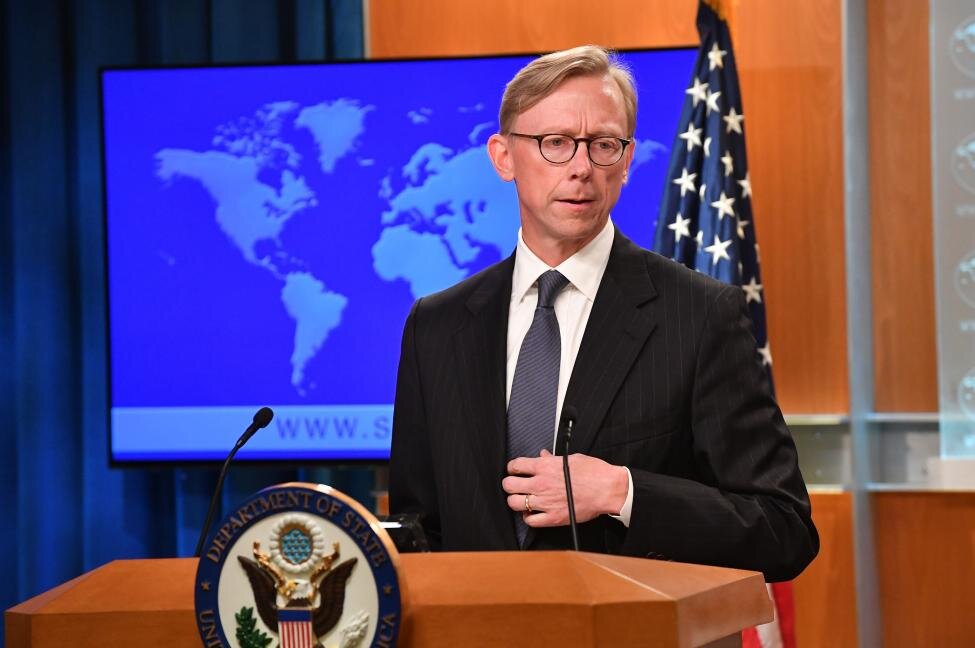Bargaining with Iran not like closing real estate deal: Washington Post

TEHRAN – Bargaining with Iran is not the same as a closing a real estate deal, according to a Washington Post article.
An article by Dennis Ross and Dana Stroul published on Thursday argued that the Trump administration’s maximum-pressure campaign on Iran is not working.
“The administration has consistently made the argument that economic sanctions would deprive the Iranian regime of money and that less money would mean less bad behavior and more concessions at the negotiating table,” the article read.
“The inescapable conclusion, after surveying the region’s conflicts, is that a U.S. strategy based exclusively on starving Tehran of money cannot by itself compel changes in Iran’s regional behavior,” it added.
The article also pointed out that Brian Hook, the U.S. special representative for Iran, testified to Congress in June to argue that U.S. sanctions have led to cuts in Iran’s military budget in 2018 and again in 2019.
Such purported budget reductions did not translate into reduced threats in the Strait of Hormuz earlier this year, the article said, pointing to Iran’s shooting down of an intruding U.S. drone and other incidents.
In conclusion, the article said, “History tells us that Iran will not be sanctioned into changing its behavior. A successful policy of leverage comes from collective international pressure, the prospect that negotiations can offer credible economic gains and the threat of meaningful consequences for malign actions.”
Tensions started to build up between the U.S. and Iran after U.S. President Donald Trump withdrew Washington from the 2015 deal, officially known as the Joint Comprehensive Plan of Action (JCPOA), in May 2018, and imposed sanctions against Tehran in a bid to put maximum pressure on the Islamic Republic.
The Trump administration has also made empty calls for talks, but the Islamic Republic maintains that as long as the sanctions are in place and the U.S. refuses to return to the JCPOA, negotiations will be meaningless.
The idea of talks has been rejected by all political factions within Iran, including the reformists who were in favor of the talks that led to the JCPOA.
Addressing a session of the parliament earlier this week, Mostafa Kavakebian, a reform-minded lawmaker, reiterated that no talks will take place as long as the U.S. refuses to return to the JCPOA and “our money transfer has not been facilitated.”
MH/
